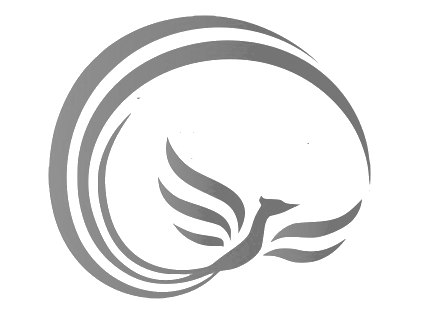What does “anti-oppression” mean?
What is anti-oppression work?
Why does the PCA engage in anti-oppression work?
Anti-oppression refers to the “strategies, theories, and actions that challenge socially and historically built inequalities and injustices that are ingrained in our systems and institutions by policies and practices that allow certain groups to dominate other groups” (Douglas, S.)
An anti-oppression framework starts from the premise that privilege and oppression exist within society, resulting in unequal access to power. This unequal access to power results in privileged groups gaining greater access to information, resources and opportunities whereas those groups that are oppressed experience the opposite.
Oppression is defined as “the systematic mistreatment of a people or group based on a belief in the innate superiority of one group or idea over another” (Cultural Competency Handbook, University of Toronto)
Anti-oppression work is any endeavor an individual, community, or program engages in to dismantle the systems of oppression which contribute to violence against people.
The PCA chooses to engage in Anti-Oppression Work because we believe that all oppression is intertwined, all oppression should be dismantled by any available tools, and that the problem of interpersonal violence cannot possible be solved without also addressing the inequities, system failures, and oppressive entities which fuel systemic abuse and oppression.
